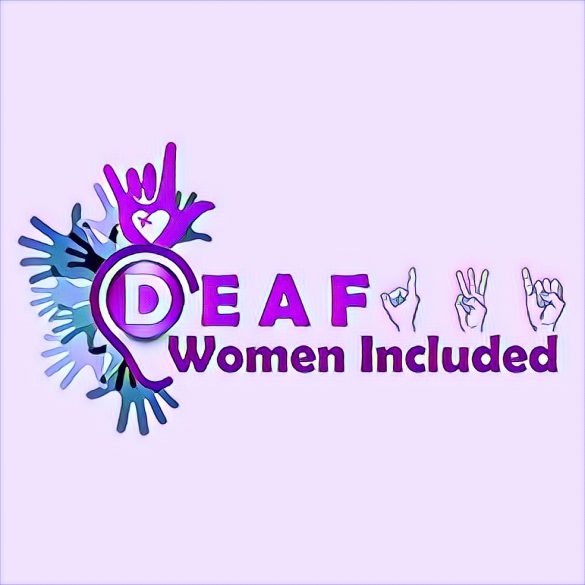Deaf Women Included (DWI), a group of people with disabilities in Zimbabwe, has launched an economic project to support their colleagues who face job barriers.
The initiative aims to equip people with disabilities, especially women, with the skills and opportunities they need to secure formal employment or start their own businesses.
DWI’s programmes manager, Precious Chakuma, said people with disabilities face many challenges in society, such as discrimination, stigma, and lack of access to education and health services.
“We found that people with disabilities face challenges in securing employment, men have more privileges than women when it comes to employment,” she said.
Training and mentorship
DWI provides training and mentorship to people with disabilities who have graduated from various institutions, as well as those who are still in school.
“We train them in entrepreneurship, professional behaviour, how to write curriculum vitae, and how to do interviews, just to prepare them before getting into employment,” Chakuma said.
“We also link them with potential employers or mentors who can guide them and support them in their career development.”
DWI also helps people with disabilities to access loans and grants to start or grow their businesses. One of the beneficiaries of the project is Tendai Moyo, a deaf woman who runs a poultry business in Harare.
She said DWI helped her to access a loan from a microfinance institution and also provided her with business management skills.
“DWI has helped me a lot. They taught me how to run my business, how to keep records, how to market my products, and how to deal with customers,” she said.
Moyo said her business has grown and she now employs two other deaf women.
“I am happy that I am able to support myself and my family. I am also happy that I am creating employment for other deaf women who are facing the same challenges as me,” she said.
A model for inclusion
DWI’s project is part of a larger effort to promote the inclusion and empowerment of people with disabilities in Zimbabwe.
According to the 2023 national census, there are about 1.4 million people with disabilities in the country, representing 10.4% of the population.
However, many of them face social and economic exclusion, as well as human rights violations.
The government of Zimbabwe has ratified the United Nations Convention on the Rights of Persons with Disabilities and enacted the Disability Act, which aim to protect and promote the rights of people with disabilities.
However, the implementation of these legal frameworks remains slow and inadequate, according to disability rights activists.
DWI’s project is therefore seen as a model for how people with disabilities can take the lead in improving their own lives and contributing to the development of their communities and country.
Chakuma said DWI hopes to expand its project to other provinces and reach more people with disabilities, especially women.
“We want to see more deaf women becoming economically independent and empowered. We want to see them participating in decision-making processes and influencing policies that affect them,” she said.
Source: The Herald


